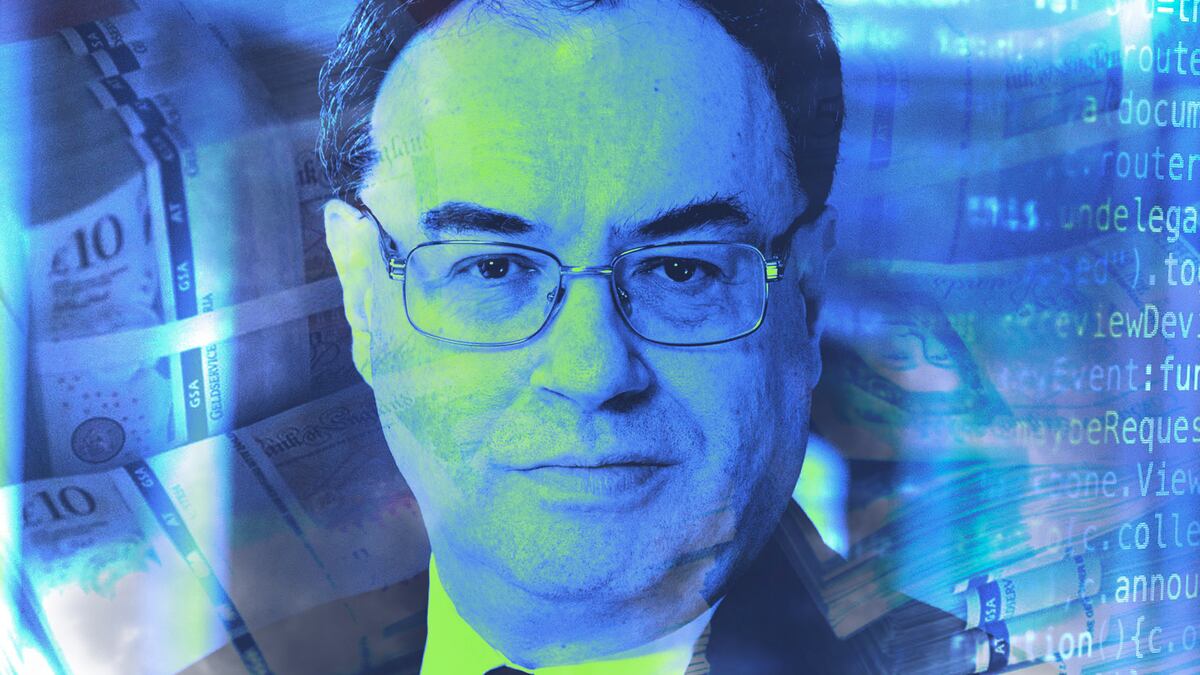- Modified financial regulations apply from today, allowing firms to evaluate blockchain technology.
- The FCA and Bank of England will oversee the project, which will run for five years.
- Regulators are interested in securities tokenisation for more efficient markets.
UK regulators have modified existing regulations to provide a controlled environment in which financial firms can experiment with trading securities on blockchain technology.
From today, the Financial Services and Markets Act will apply to companies participating in the Digital Securities Sandbox, overseen by the Financial Conduct Authority and Bank of England.
Asset tokenisation — trading representations of securities on the blockchain — is a trendy buzzword.
Even BlackRock CEO Larry Fink has said that tokenisation is the future of financial markets.
Still, there are legal and regulatory hurdles for financial firms wanting to tokenise securities.
The sandbox follows a consultation process that kicked off when a government report found that the UK’s legal framework would not support the use of blockchain.
Regulators worldwide are responding by setting up controlled environments where firms can test blockchain tech, and the DSS is one such initiative.
Kelly Coulter, a digital asset specialist at the FCA, told an interviewer in December that the DSS would allow registered and regulated firms “to practise in a live environment to test the trading and settlement of traditional assets.”
Coulter said that while much of the public and media attention was focused on speculation of cryptocurrencies like Bitcoin, regulators see the real value of the digital asset ecosystem in representing traditional assets with smart contracts.
“It has the scope to enhance the efficiency, transparency, and affordability of financial services for customers. So we’re really keen on looking into this and understanding what challenges there are, but also what opportunities there are,” Coulter said.
Market plumbing
The FCA already has an innovation sandbox, aimed at helping fintechs test their products with consumers.
The DSS is a different concept.
It is intended for companies that supply the plumbing of the securities markets — stock exchanges, clearing houses, and investment firms — to test out trading digital versions of instruments like stocks and bonds.
The government said in December that 19 firms had expressed interest in participating in the sandbox.
The DSS will run for five years. At the four-year mark, His Majesty’s Treasury must report to Parliament on how well the sandbox is running, and if it wants to extend the initiative.
Global projects
The DSS follows initiatives in other countries aimed at easing regulatory restrictions around blockchain tech in financial markets.
The EU last year launched its Distributed Ledger Technology Pilot, which similarly aims to allow trading and settlement firms to experiment with blockchain.
The FCA, along with Swiss and Japanese regulators, have partnered with the Singaporean government on an initiative called Project Guardian. The FCA said this project “explores fund and asset tokenisation use cases, and decentralised finance.”
Email the author at joanna@dlnews.com.
